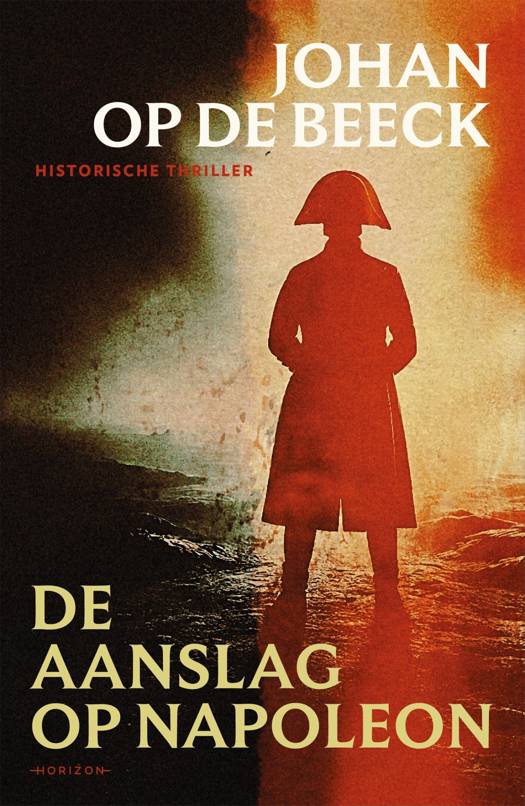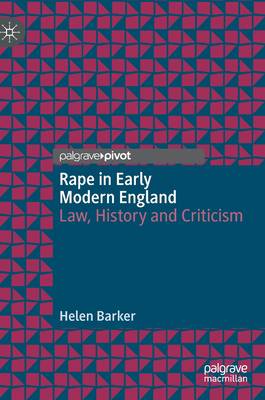
- Afhalen na 1 uur in een winkel met voorraad
- Gratis thuislevering in België vanaf € 30
- Ruim aanbod met 7 miljoen producten
- Afhalen na 1 uur in een winkel met voorraad
- Gratis thuislevering in België vanaf € 30
- Ruim aanbod met 7 miljoen producten
Zoeken
€ 73,95
+ 147 punten
Omschrijving
This book is intended for those in the humanities seeking a legal context for writing about rape in early modern England. It takes the premise that over the past four decades misunderstandings about rape law, and misreadings of rape statutes from medieval to Elizabethan times, have become widely cited in criticism. Helen Barker identifies how this has arisen, and discusses the main sources of confusion - including indissoluble issues around the word 'ravishment'. Rape law historically encompassed elopement and abduction; this book offers a succinct overview of the law, and draws attention to the wider social context other than gender opposition in which it is often presented. In addition, critics have been tempted to rely on the ostensibly authoritative seventeenth-century treatise, The Lawes Resolutions of Womens Rights, as a legal source. By examining the context of its publication, this book suggests that the treatise is unreliable and can mislead the unwary.
Specificaties
Betrokkenen
- Auteur(s):
- Uitgeverij:
Inhoud
- Aantal bladzijden:
- 128
- Taal:
- Engels
Eigenschappen
- Productcode (EAN):
- 9783030826086
- Verschijningsdatum:
- 3/11/2021
- Uitvoering:
- Hardcover
- Formaat:
- Genaaid
- Afmetingen:
- 148 mm x 210 mm
- Gewicht:
- 344 g

Alleen bij Standaard Boekhandel
+ 147 punten op je klantenkaart van Standaard Boekhandel
Beoordelingen
We publiceren alleen reviews die voldoen aan de voorwaarden voor reviews. Bekijk onze voorwaarden voor reviews.











